6 Secrets To Better Stage Presence For Singers
One of the most important aspects of a killer performance is authentic stage presence. Even so, it’s fairly common to feel uncertain about what you should (and shouldn’t) be doing on stage to give a powerful performance.
What Is Authentic Stage Presence?
Authentic stage presence means connecting emotionally to what’s happening in a song—and being vulnerable enough that your audience connects emotionally with you. It’s telling the song’s story from your point of view with a heightened sense of emotion.
Is stage presence the missing element in your singing? Is your lack of stage presence preventing you from achieving your singing goals?
You might need to work on your stage presence if:
- You have knockout vocals, but you haven’t been able to book the gigs you want, win the competitions you enter, or influence your audience to book you, cheer for you, vote for you, etc.
- You get a lot of compliments on your voice, but on stage, you feel awkward.
- You prepare your performance so that every moment you are on stage you have something specific to do, leading to the opposite result of what you wanted to achieve.
- You aren’t even sure what’s missing in your performance, but you know you feel fake.
In this post, we’ll cover the top do’s and don’ts of effective stage presence for singers so you can own the stage and accomplish the goals you set for yourself.
What NOT to Do for Better Stage Presence
Let’s start with what NOT to do when performing.

1) Don’t move with untrustworthy body movement
Some examples of untrustworthy body movement include:
- Pacing back and forth from one spot on the stage to another and back again
- Wandering aimlessly around the stage
- Walking backward
- Walking to the beat of the song
- Walking around during an instrumental break
- Closing your eyes
These movements signal to your audience that you are not genuine or confident. And genuineness and confidence are two things you most certainly want in your performance.
2) Don’t use props or “play charades”
Unless you’re performing a role in a staged musical where you have sets and costumes, props can be distracting and confusing. If you’re singing a song where in one lyric you mention a drunken night at the bar, for instance, holding a bottle of whiskey while singing your song will cause your audience to look at you in confusion until you sing the one lyric about the drunken night. It won’t help them understand your song or identify with it more, instead it distracts them from how wonderful your performance is while they try to clear up their confusion about why you’re holding the bottle.
Along the same lines, you shouldn’t perform like you’re playing a game of charades. Oftentimes, singers will “act out” the lyrics of a song as if they’re trying to get their audience to guess the lyrics. Only, the audience can hear the lyrics, so the added acting out of the words is awkward.
Instead, focus more on connecting emotionally to your song. Doing so builds confidence, and when you have the confidence to not rely on extraneous objects or movements, your audience will be focused on you instead of wondering why you’re holding a bottle of whiskey.
3) Don’t over-rehearse
Now, I’m not saying to not rehearse at all. But there is the right amount of rehearsal.
Here’s why: an overly rehearsed performance can read as inauthentic. And your audience is not there to feel fooled. They’re there because they want to feel a real connection. They want an authentic experience.
Rehearsing to the point that you have every moment memorized will often make you seem like a robot, which you want to avoid at all costs in your singing.
You want your audience to trust you. You want your performance to feel a bit like it’s the first time you’re doing this—in a good way. Over-rehearsing is a fast track to losing your audience’s trust, interest, and attention.
On the other end of the spectrum, if you’re too spontaneous, you’re more prone to having some of your nervous energy show up in your posture, gestures, and movements.
Pro Tip: Working with a performance coach can help you identify where you can improve in your stage presence. A coach can help you see things that you don’t see yourself, and they can provide specific feedback on the areas you need to improve your stage presence.
What TO Do for Better Stage Presence
Now let’s talk about what you should be doing to improve your stage presence.

1) Move with purpose
In every performance, you should always have a reason to move. Your gestures should showcase how you feel as you sing the song.
Moving with purpose is an example of trustworthy body movement. Other trustworthy body movement includes having planted feet.
For example, an authentic performance given by someone with planted feet will be more effective than an inauthentic performance in which the singer is pacing or walking around aimlessly.
2) Interact with the audience
Interacting with your audience is a powerful way to help your audience feel engaged to your performance. Acknowledging someone in the crowd creates instant rapport and allows the audience to feel connected to what you’re doing, while also allowing you to display impressive stage presence.
Here’s a helpful tip: Look for someone in the audience who is engaged with what you’re doing. Make eye contact with that person. If you are looking for a reason to move, this kind of situation provides the perfect ammunition to move – you can walk toward the person you spot who is engaging with you. It allows them to feel connected and it shows you in a confident light as you move across the stage for a specific reason.
3) Use “point of reference eye contact”
Point-of-reference eye contact doesn’t mean staring at one place on the back of the wall. That tends to look creepy. Like, stalker-creepy!
As humans, we don’t maintain constant eye contact with someone. Our gaze naturally moves away from the focal point after a few seconds and repeatedly returns to the eyes of the person we’re speaking with.
Point of reference eye contact is a term I like to use to help performers achieve that natural soft gaze. By establishing a point of reference, you have a place to bring your eye contact back to, but you’re not staring at that spot for your entire performance.
There you have it, my secrets to achieving better stage presence.
Free POWER Posturing Cheat Sheet
If you want to take these tips and more with you, be sure to download my free POWER Posturing Cheat Sheet below.
This handy guide shows you in an illustrated way what trustworthy and untrustworthy body movement looks like and how to move with purpose so you can show up with POWER and authority on any stage.

POWER Posturing Cheat Sheet [FREE GUIDE]


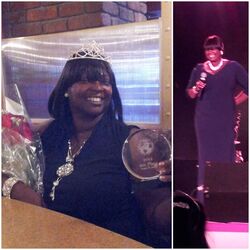



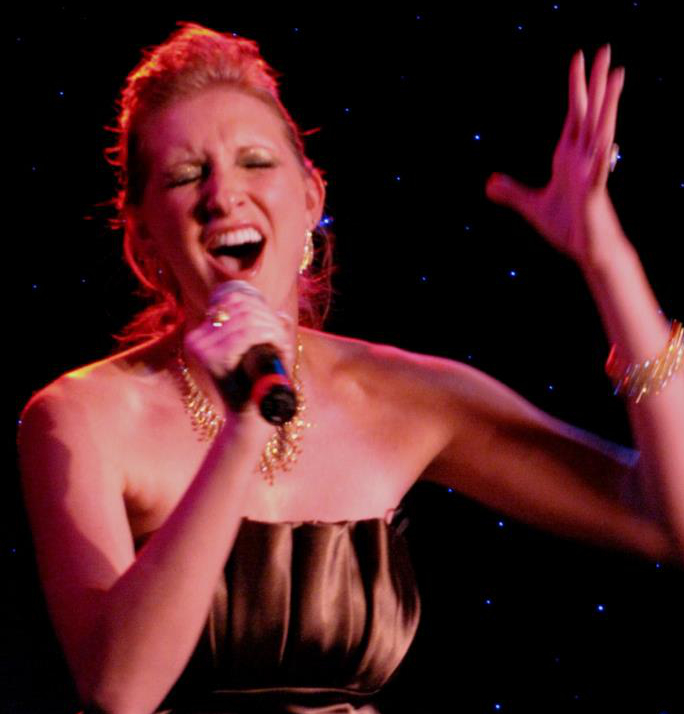


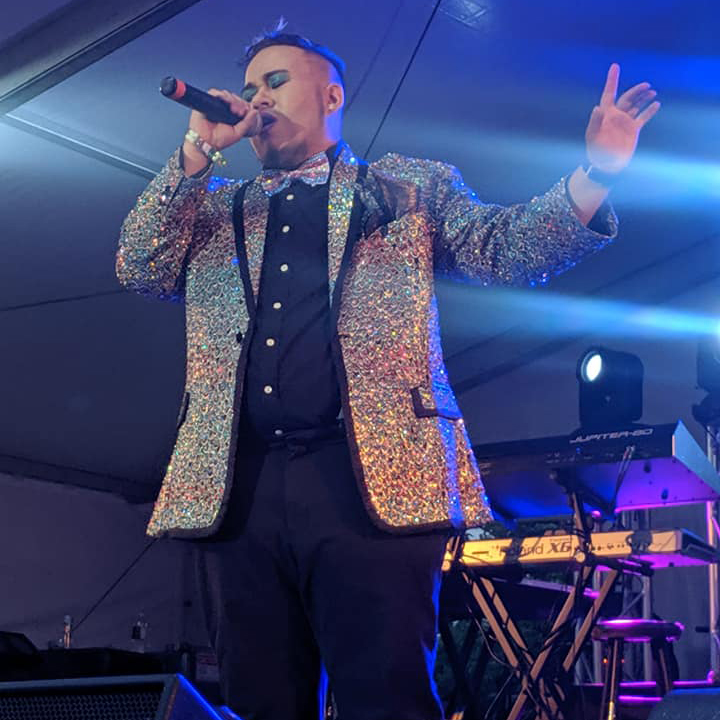



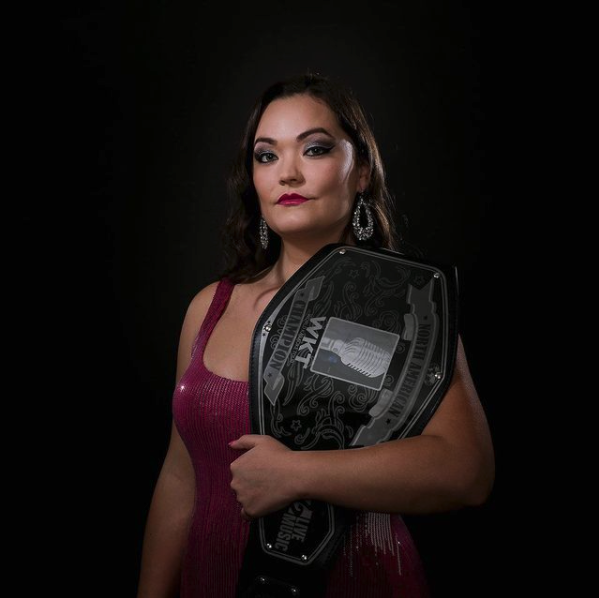



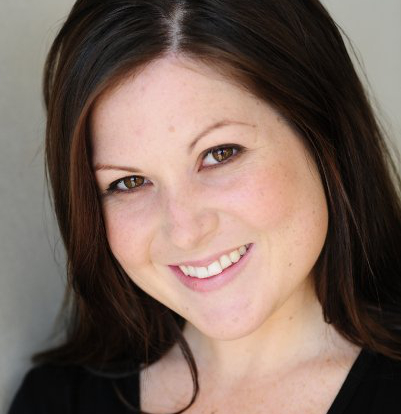


Have a question or something to say? You'll hear back from me right away!